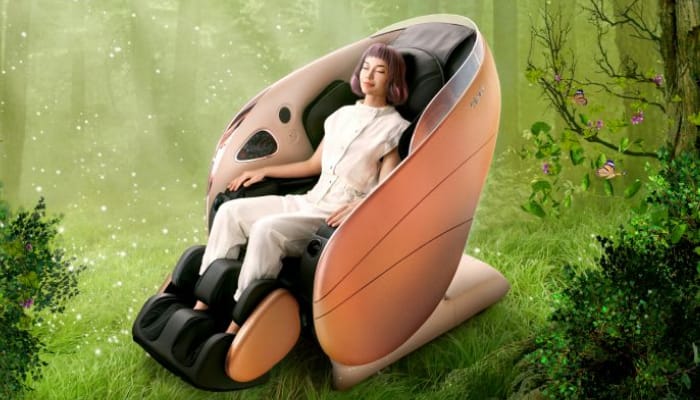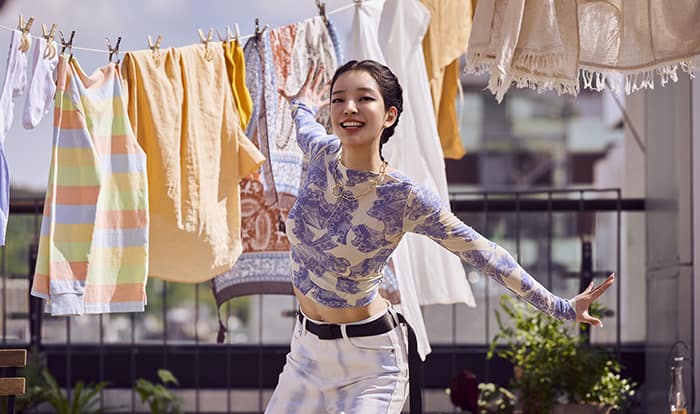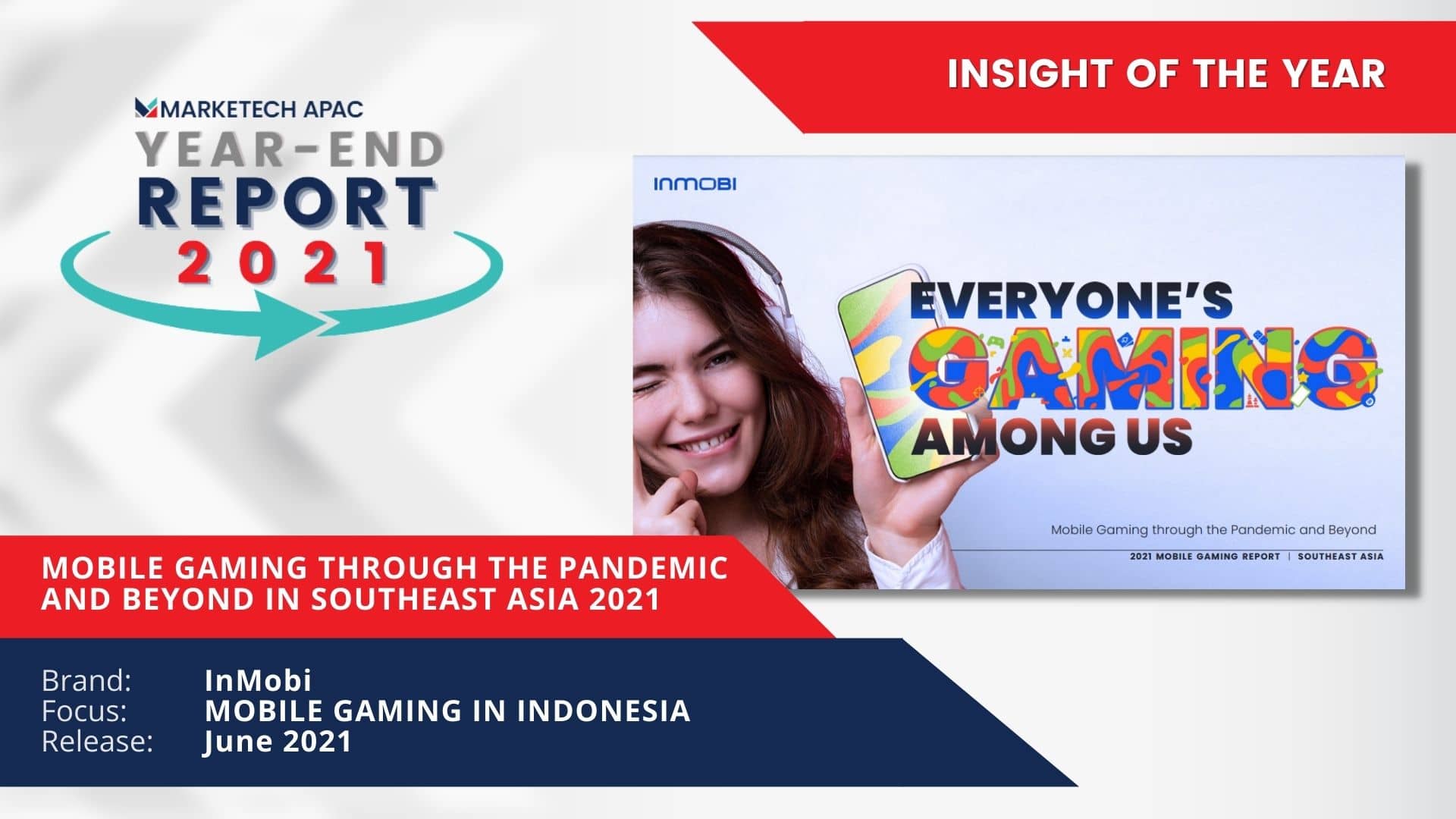Ho Chi Minh, Vietnam – As influencer marketing is continuing to grow in popularity, especially in Asia, there has been another rise of influencers: virtual influencers. More recently, more companies are playing with the idea of marketing through virtual influencers. These computer-generated public figures almost have a life of their own – reflected on their social media accounts – and even work with brands to promote the latest products.

In the latest survey conducted by consumer research platform Milieu Insight, it has found that 45% of Vietnamese consumers are very interested in following virtual influencers, while 44% said they are somewhat interested in, and 11% saying they are not interested.

In terms of credibility, 21% of respondents say that they trust virtual influencers more than their human counterparts. Meanwhile, 37% indicated that virtual influencers are to be trusted at the same level as human influencers, 27% said that they are less credible, and 14% said that they are unsure.
Meanwhile, in regards to local preference, 60% said that they want the virtual influencers they follow to look Vietnamese, while 16% say that they want them to look non-Vietnamese, and 25% said that they have no preference.

On the aspect of how these virtual influencers communicate, 71% said that they prefer to be communicated in Vietnamese, 9% said they prefer someone not communicating in Vietnamese, and 21% said that they have no preference.
Lastly, in terms of gender appearance, 49% said that they want virtual influencers to look feminine, 20% want them being masculine, 14% want them to be androgynous, 2% have other options, and 15% say that they have no preference.


















